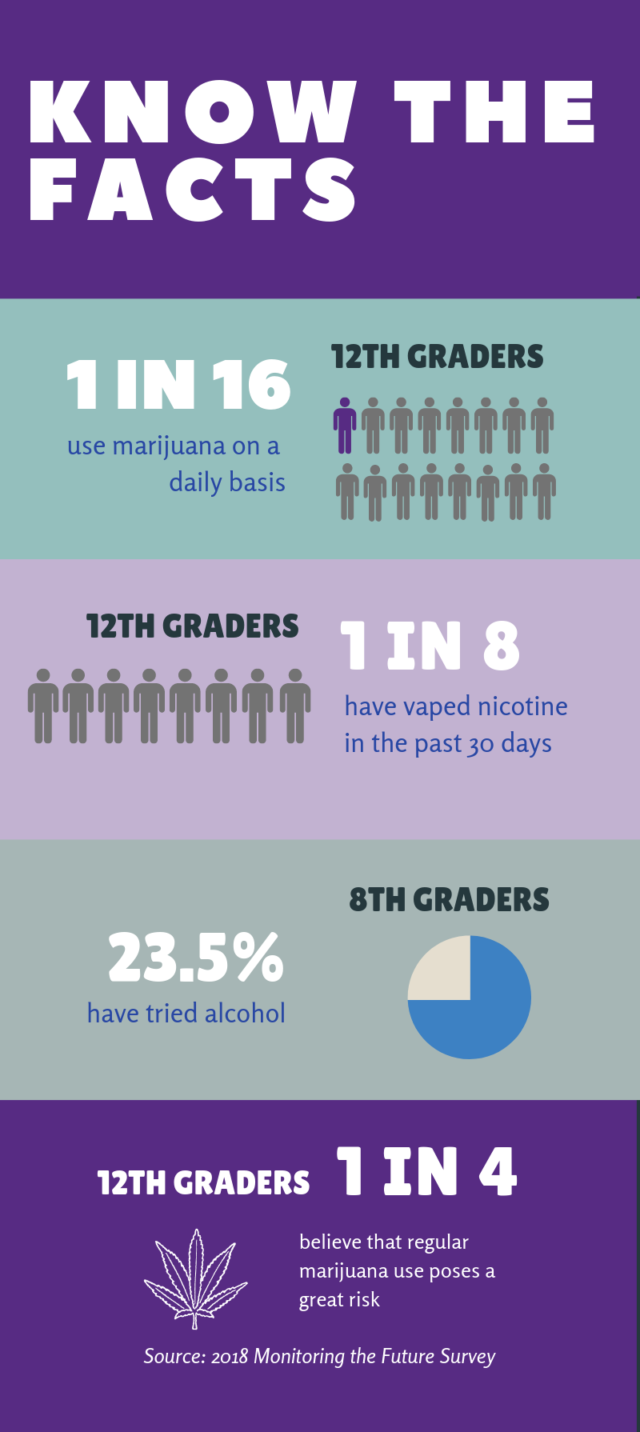The Relevance Of Aftercare In Alcohol Rehab Centers

Article by-Conley Slattery
Are you ready to take the next step towards a much healthier as well as sober life?
The journey with alcohol rehabilitation facilities is an essential primary step in overcoming dependency. Nevertheless, it is essential to keep in mind that the roadway to recuperation doesn't end there.
The relevance of aftercare in alcohol rehab facilities can not be overemphasized. It is the vital to boosting your lasting recuperation as well as avoiding relapse.
After completing a rehab program, you may really feel a sense of success as well as newfound toughness. Yet without the proper assistance as well as support, the obstacles of maintaining soberness can be frustrating.
That's where aftercare is available in. It supplies you with the devices, sources, and also continuous support you require to navigate the ups and also downs of life after rehabilitation. Via a mix of therapy, support groups, and recurring treatment, aftercare aids you build a strong structure for your recovery journey.
So, bend up as well as prepare yourself to uncover the importance of aftercare in alcohol rehab centers, because your trip to lasting soberness has actually just begun.
Enhancing Long-Term Recuperation
Enhancing long-term recuperation resembles growing seeds in a yard, where aftercare in alcohol rehabilitation centers works as the nurturing sunlight as well as water to help those seeds turn into strong, durable plants.
After completing the preliminary therapy program, aftercare plays an important role in keeping sobriety and also avoiding regression. It gives continuous assistance, guidance, and also resources to individuals as they shift back to their daily lives.
One key aspect of aftercare is the implementation of relapse avoidance methods. With individual therapy sessions and support system, individuals learn coping systems and devices to manage triggers as well as cravings. They're geared up with the necessary skills to navigate difficult situations and handle tension without considering alcohol.
This continuous support assists individuals remain devoted to their soberness trip as well as stay clear of falling back right into old patterns.
Furthermore, aftercare in alcohol rehabilitation centers uses a feeling of area and also link. Participating in regular support group meetings enables people to share their experiences, obstacles, and also successes with others who comprehend their battles. This sense of belonging and support can be extremely empowering and also comforting. It advises individuals that they're not alone in their trip which there are others that have actually dealt with similar challenges as well as overcame them.
Aftercare in alcohol rehab centers is crucial for enhancing lasting healing. It gives the required support, devices, as well as neighborhood for people to keep their soberness as well as stop relapse. By nurturing individuals' progression as well as offering ongoing guidance, aftercare makes sure that the seeds of recuperation remain to grow and also prosper right into a healthy and balanced, satisfying life.
Avoiding Relapse
In order to keep sobriety, it's essential for you to actively take part in relapse prevention approaches post-treatment. Stopping relapse is a recurring process that needs initiative and also commitment.
Below are 3 key methods to help you remain on track:
1. Build a solid assistance network: Surround on your own with individuals that comprehend and also support your trip towards sobriety. This can include your family members, close friends, and support system. Having a network of people that are there for you throughout testing times can make a significant distinction in stopping relapse.
2. Create healthy and balanced coping devices: It is essential to discover healthy and balanced methods to manage tension, triggers, and also cravings. This can consist of exercising mindfulness techniques, participating in routine exercise, or going after pastimes and rate of interests you take pleasure in. By finding positive outlets for your feelings, you can prevent turning to alcohol as a coping device.
3. Create a regression prevention plan: Work with your therapist or counselor to create a regression prevention strategy customized to your particular needs and activates. This plan ought to consist of techniques for recognizing warning signs, managing desires, and seeking aid when required. By having a strategy in place, you'll be much better outfitted to navigate tough circumstances and remain on the course to lasting healing.
Remember, avoiding regression is a continual trip that requires self-awareness, commitment, and recurring assistance. By proactively taking part in relapse avoidance methods, you can raise your possibilities of keeping soberness and also leading a healthy and balanced, fulfilling life.
Navigating Difficulties of Reintegration
When you reintegrate right into society after finishing therapy, navigating the difficulties of reintegration can seem like stepping onto a complex as well as unknown path. You might have established brand-new coping devices and also abilities during your time in rehab, but applying them in the real life can be discouraging.
One of the most significant challenges you might deal with is handling triggers and also temptations that can result in relapse. It's important to bear in mind that you're not the only one in this trip. Reach out to your assistance network, whether it's buddies, family members, or fellow recovering addicts, who can supply assistance and also understanding during this tough time. They can assist you recognize potential triggers as well as develop approaches to cope with them, such as avoiding specific locations or circumstances, discovering healthy and balanced choices to deal with anxiety, and practicing self-care.
One more challenge of reintegration is rebuilding partnerships that might have been stressed or harmed due to your dependency. why not find out more prevails to really feel a mix of emotions, consisting of guilt, pity, and worry, when reconnecting with liked ones. It is necessary to approach these conversations with honesty, humbleness, and also a desire to apologize.
Bear in mind that reconstructing depend on takes time as well as regular initiative. Be patient with yourself and also those around you as you work in the direction of repairing as well as reinforcing these connections. In addition, take into consideration seeking professional aid from therapists or therapists who focus on dependency recovery and family members therapy. They can offer assistance and assistance as you navigate the intricacies of rebuilding connections and establishing healthier interaction patterns.
Final thought
Finally, aftercare is an essential element of alcohol rehabilitation centers, as it plays an essential duty in improving lasting recovery as well as avoiding relapse. By supplying ongoing assistance and also advice after the first therapy, aftercare programs make certain that individuals have the essential tools to browse the obstacles of reintegration right into society.
Picture a sailing boat embarking on a journey throughout the substantial sea. The first rehab therapy serves as the strong wind that pushes the watercraft forward, aiding it sail far from the stormy waters of dependency. However, without proper aftercare, the watercraft threats losing its way and obtaining captured in the treacherous currents of regression. Aftercare work as the compass, leading the watercraft in the direction of safe harbors as well as helping it stay on program towards lasting sobriety.
Information sustains the effectiveness of aftercare programs in maintaining healing. Studies have revealed that individuals who join aftercare are most likely to keep abstinence and experience improved total health contrasted to those that do not receive continuous support. This data highlights the importance of aftercare in preventing regression as well as advertising long-term recovery.
By supplying a continuum of care, aftercare programs make sure that people have access to sustain networks, therapy sessions, as well as resources that attend to the obstacles they may experience post-rehab.

